Treatment


February 23, 2022












0












0
Treatment. Small bowel prolapse (enterocele)
By Editorial Team (Y)
Diagnostics of small bowel prolapse Your doctor will conduct a pelvic exam during the appointment to determine whether you have a small bowel prolapse. In order to perform the pelvic exam, the doctor will ask you to take a deep breath and then hold it while bearing down. In this way, you will imitate like […]
Read more
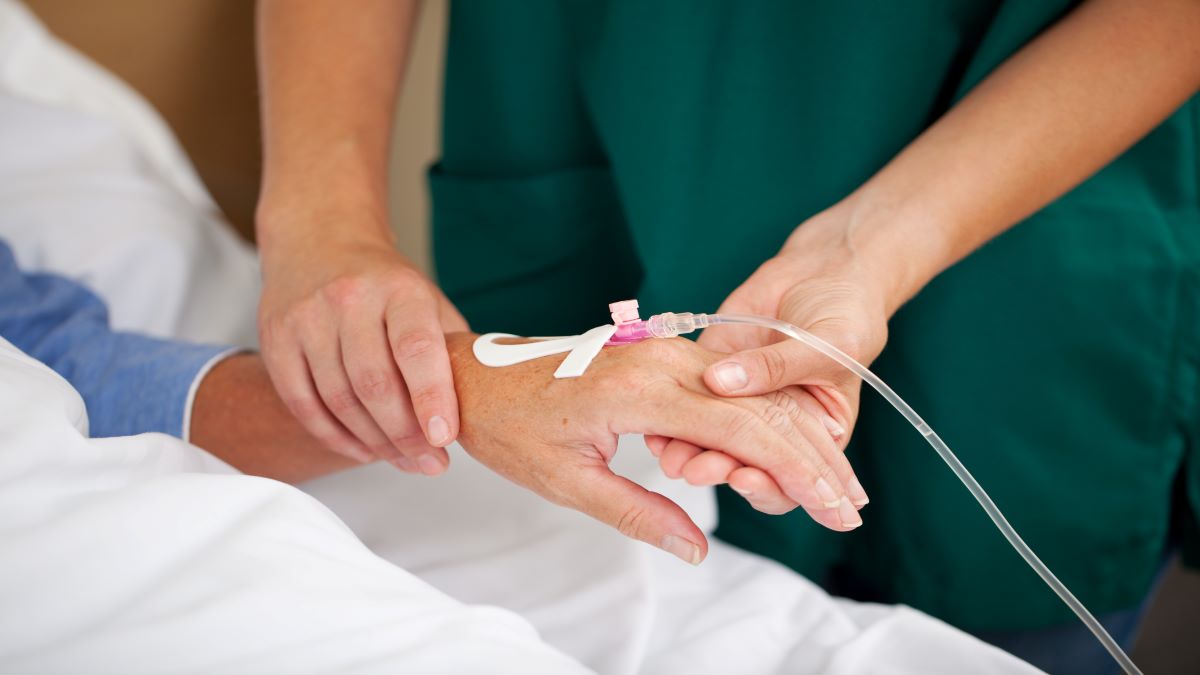

February 23, 2022












0












0
Treatment. Soft tissue sarcoma
By Editorial Team (A)
Soft tissue sarcoma is a type of cancer. It affects structures like blood vessels, nerves, the lining of joints, muscles, fat and tendons. Today, there are more than 50 types of this form of cancer known. Therefore, it is essential to identify which type the patient has to determine the treatment of soft tissue sarcoma. […]
Read more
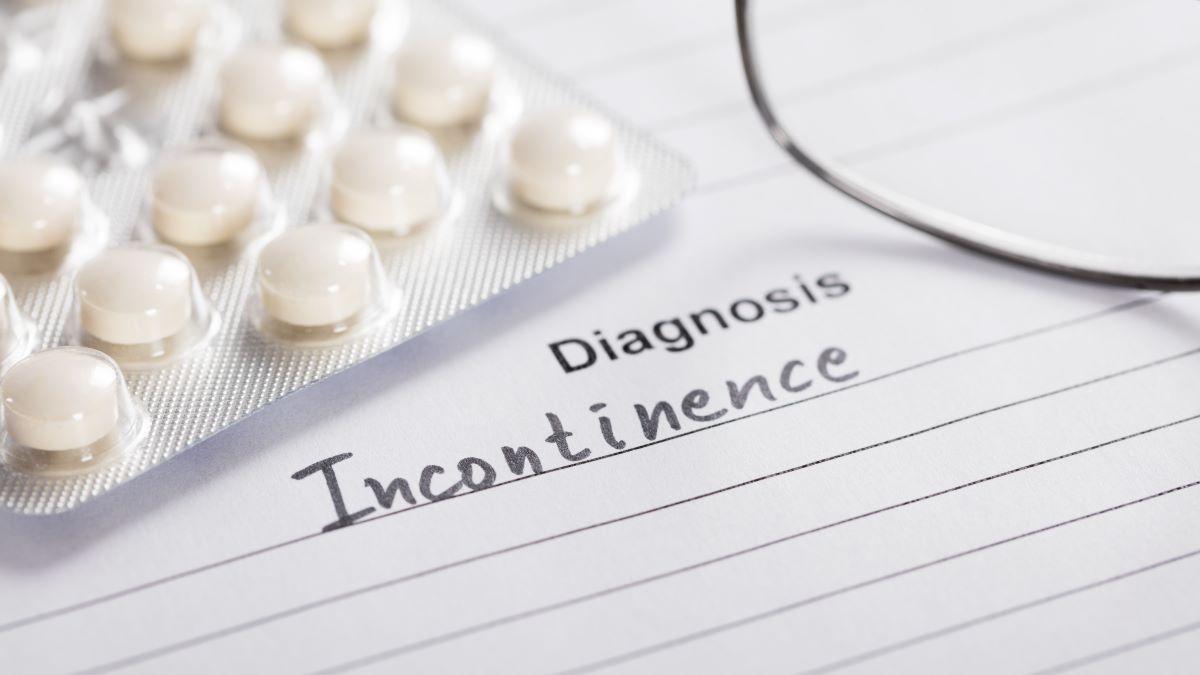

February 23, 2022












0












0
Treatment. Urinary Incontinence
By Editorial Team (A)
An inability to control the bladder is called urinary incontinence. This condition has a significant adverse impact on the normal life of a person. Consequently, it is better to diagnose and treat urinary incontinence as soon as possible to eliminate any discomfort the patient may experience. Urinary incontinence diagnosis There are several types of urinary […]
Read more
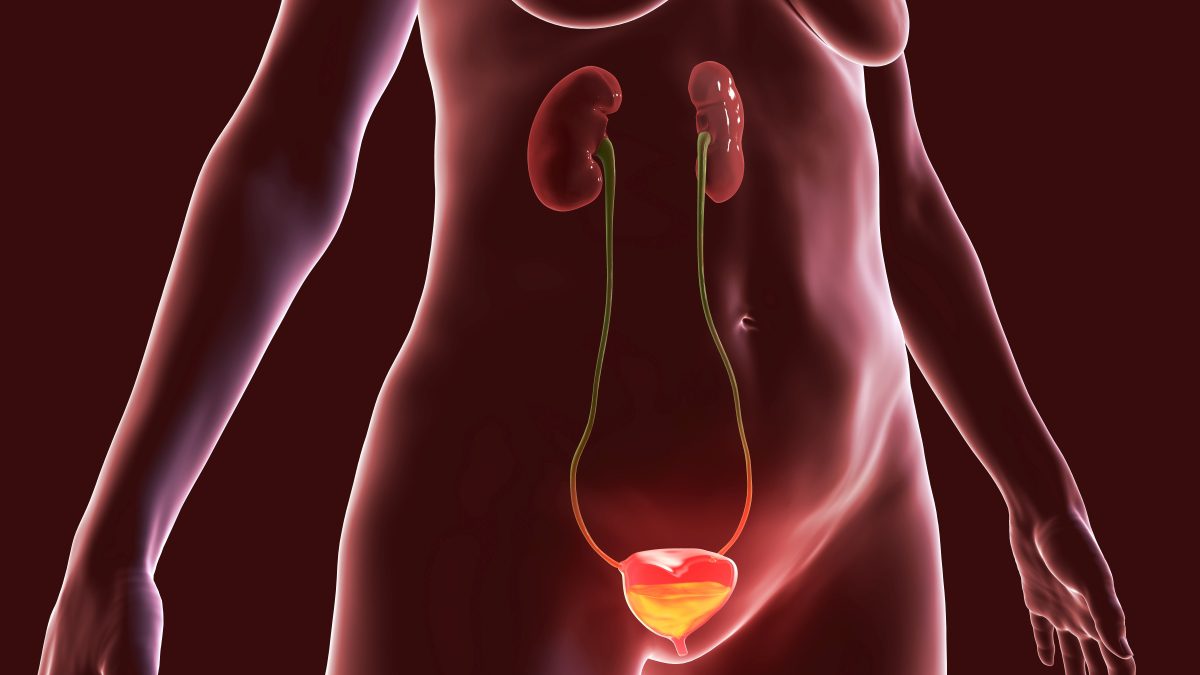

February 23, 2022












0












0
Treatment. Overactive bladder
By Editorial Team (Y)
Diagnostics of overreactive bladder It’s important to inform your doctor if you have an abnormal urge to urinate so that he can check to make sure you don’t have an infection or blood in your urine. Also, the doctor will check if you can empty your bladder completely.Commonly, in such cases, the doctor appointment will […]
Read more
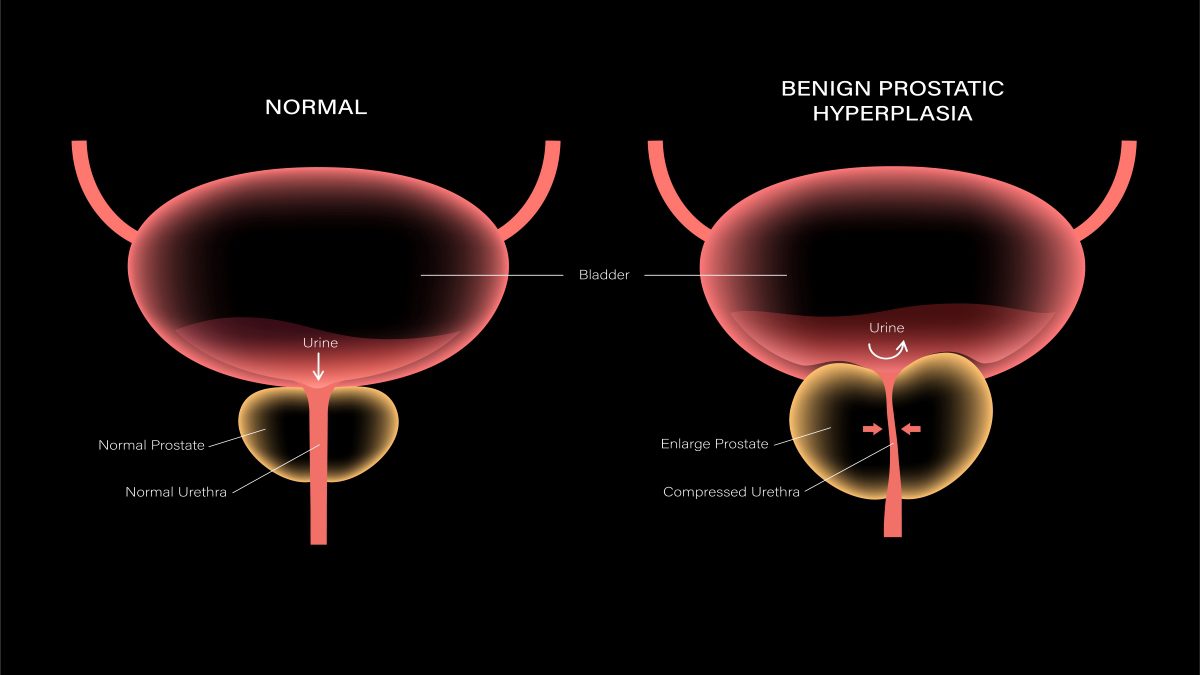

February 23, 2022












0












0
Treatment. Prostate BPH (Benign prostatic hyperplasia)
By Editorial Team (Y)
Diagnostics of BPH Firstly the doctor will ask questions about your health and perform an initial physical exam that includes a urine test, digital rectal exam, blood test, and prostate-specific antigen (PSA) blood test.Based on the initial examination results, your doctor may prescribe extra tests to confirm benign prostatic hyperplasia and exclude other possible medical […]
Read more


February 23, 2022












0












0
Treatment. Kegel Exercises (Men)
By Editorial Team (A)
In different parts of the body, muscles play an active role in organs support. For example, in the pelvis, the set of muscles called pelvic floor muscles performs this task. Their normal functioning is essential for the correct work of bladder and bowel in men. In addition, pelvic floor muscles contribute to the sexual function […]
Read more
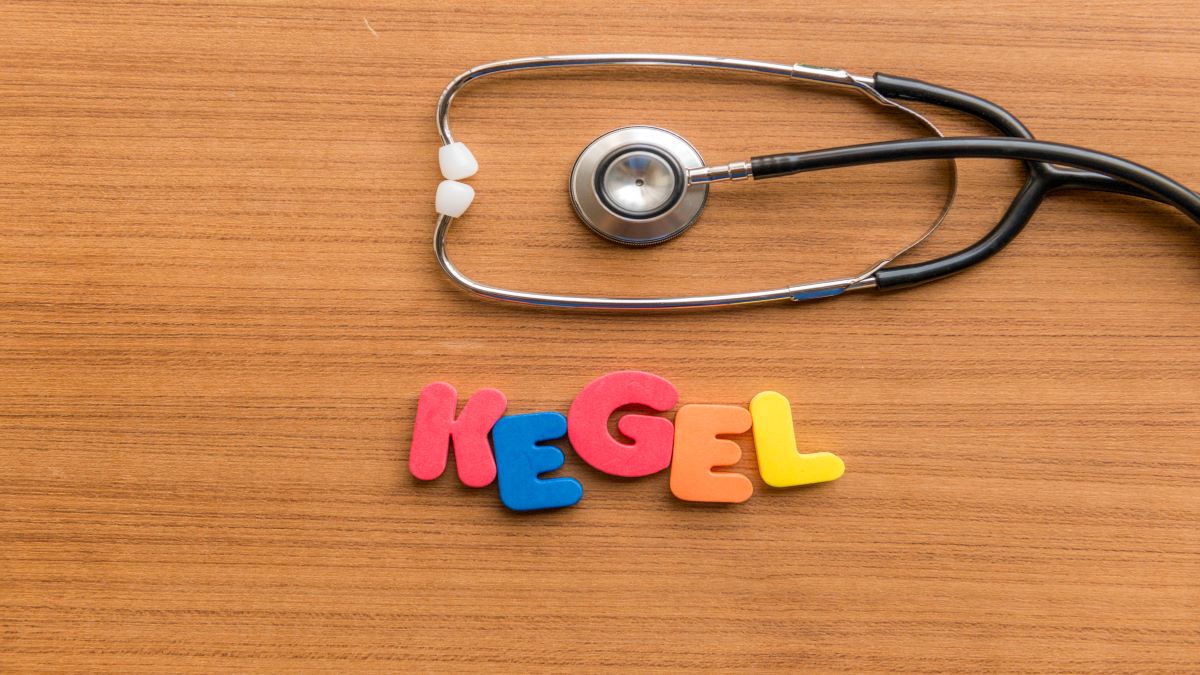

February 23, 2022












0












0
Treatment. Kegel exercises (Women)
By Editorial Team (A)
There is a group of muscles called pelvic floor muscles that support some organs of the pelvic cavity. In women, these organs are the uterus, bladder, small intestine, and rectum. However, under conditions like disease, surgery, childbirth etc., pelvic floor muscles become weak. Therefore, they cannot support the mentioned organs adequately. In turn, the inability […]
Read more
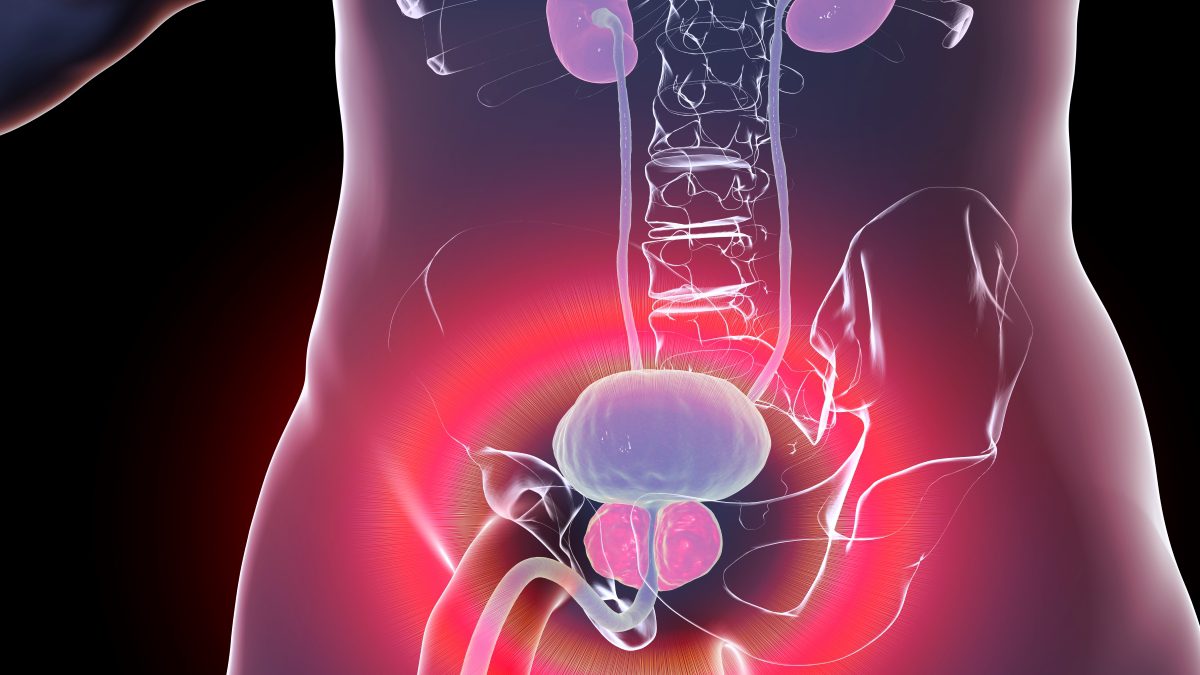

February 23, 2022












0












0
Treatment of Benign Prostatic Hyperplasia with Transurethral Resection of the Prostate
By Editorial Team (Y)
What does TURP mean? Transurethral resection of the prostate (TURP) is the surgical method for benign prostatic hyperplasia treatment. The main goal of this procedure is to remove the part of the prostate gland which causes uncomfortable prostate enlargement symptoms. Transurethral resection is made through the tube that passes urine down from the bladder to […]
Read more


February 23, 2022












0












0
Treatment. Bladder Stones
By Editorial Team (A)
Probably at least one time in your life, you heard the phrase “bladder stones”. But what does it mean, how serious is this condition, and what is the treatment? Bladder stones are clumps of mineralized masses of various sizes found in the bladder. They can lead to the development of some complications such as infections […]
Read more


February 23, 2022












0












0
Treatment. Kidney Stones
By Editorial Team (Y)
If you have any kidney stone symptoms, it’s better to see a doctor and perform diagnostic tests.Standard kidney diagnostic tests include: Urine testing. A urine collection test may show that your levels of stone-preventing substances are too low or that your levels of stone-forming minerals are too high. Blood testing. Via blood test, the doctor can check […]
Read more












